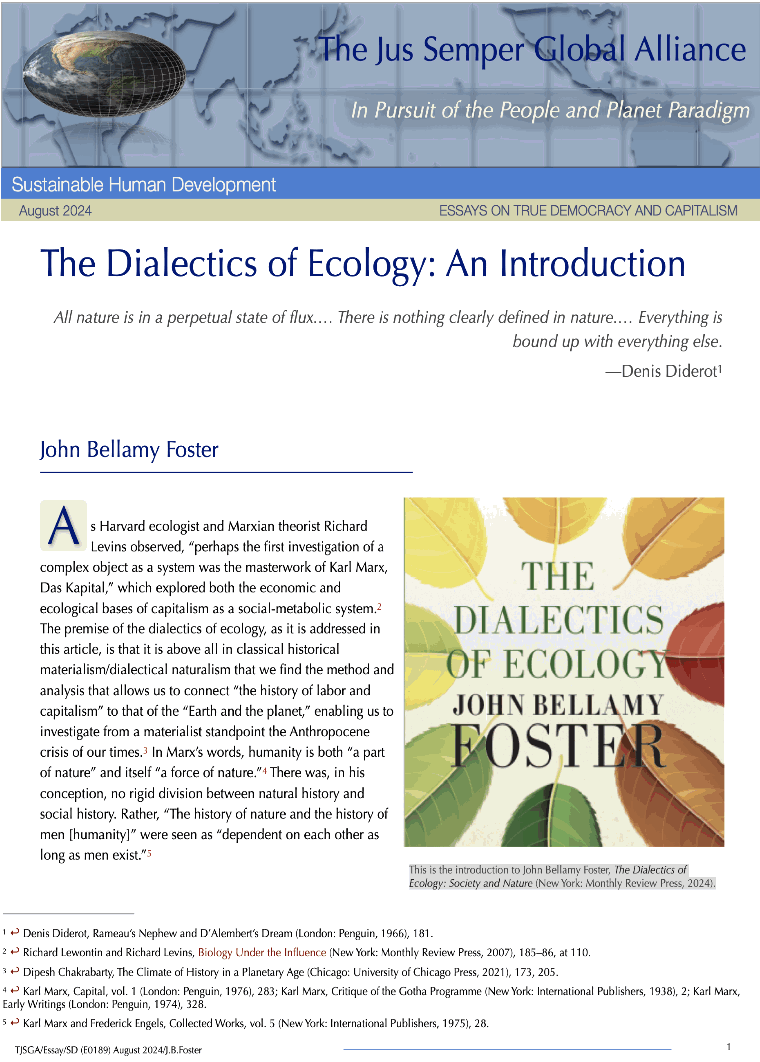The natural and physical world we inhabit today has experienced profound transformations. According to a widely recognised concept, we have entered the Anthropocene Epoch. In this phase, humanity has become the dominant force driving thedevelopment of Earth’s systems, triggering what is referred to asthe “anthropogenic rift” in Earth’s history. This rift primarily is wcharacterised by the “Great Acceleration” of global environmental changes and the breaching of planetary boundaries. Furthermore, these ecological crises are closely related to issues of social injustice. The book Global Change and the Earth System, written by a number of respected scientists, notes: “In a world in which the disparity between the wealthy and the poor, both within and between countries, is growing, equity issues are important in any consideration of global environmental management.” Moreover, it is crucial to note that this systemic crisis has not directly led to a transformation of society toward sustainability. On the contrary, it has been co-opted by neoliberalism, exacerbating the crisis. According to the neoliberal perspective, the finite and contingent nature of the earth gives rise to the problem of how to allocate and conserve natural resources effectively. In this context, the privatisation and marketisation of natural resources are seen as the most efficient means of managing the planet. Consequently, the Anthropocene crisis has not been recognised by capitalism as a fundamental challenge; instead, it has become a new opportunity for capitalism to green itself and expand. Therefore, we urgently need to revive Marxist dialectics and develop the dialectics of ecology that is relevant to contemporary issues in order to analyse the Anthropocene crisis through the lens of dialectical materialism. This means that it is essential to engage in an ecological critique of capitalism, advance a socio-ecological revolution, and ultimately move toward a new ecological civilisation based on the harmonious coexistence of humanity and nature.
For a full read of this brief, click here or on the picture to download the pdf file.
|

| Home |  | Resources |  | Economic Data |  | The Dialectics of Ecology and Ecological Civilisation |
- © The Jus Semper Global Alliance


